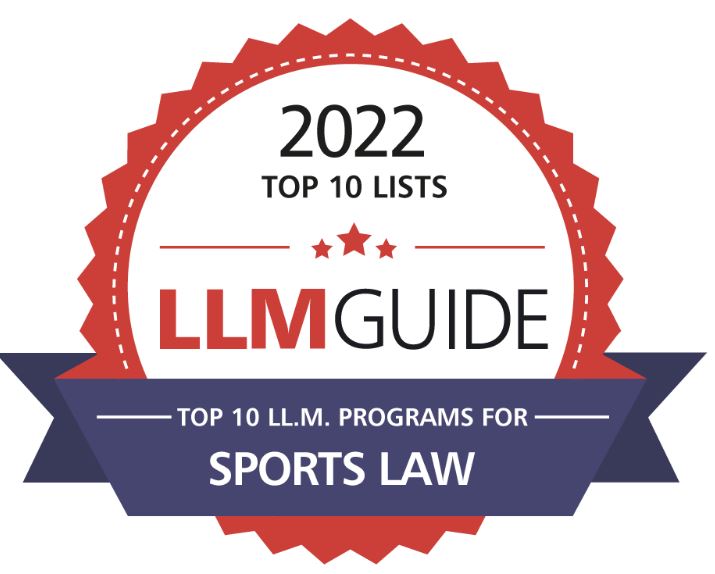The sports track prepares students to represent professional or amateur athletes, leagues or clubs, sports venues and stadium owners and operators, or businesses or sports organizations.
The sports industry is complex and there is a growing demand for qualified sports law professionals with an array of expertise in law.
Topics and courses that were once thought to relate exclusively to entertainment or art can also affect the sports sphere—sports personalities can have brand sponsorships, parts in films or TV shows, their likeness branded in video games or clothing, and more.
Studying under the entertainment, arts and sports law umbrella, it is possible to get the broad range of skills necessary for today’s “sports law” practice and provides U.S. and international attorneys and law students superior training and an edge when breaking into this competitive industry.
What is a "Sports Lawyer"?
Though “sports law” may sound niche, it is actually a broad industry crossing many areas of law.
Sports lawyers usually require skills like negotiation, drafting, and arbitration plus knowledge of various areas of law including: contracts, labor, antitrust, tax, intellectual property and media law.
Other areas of law, like immigration, can also come into play for foreign athletes and international leagues or clubs.





